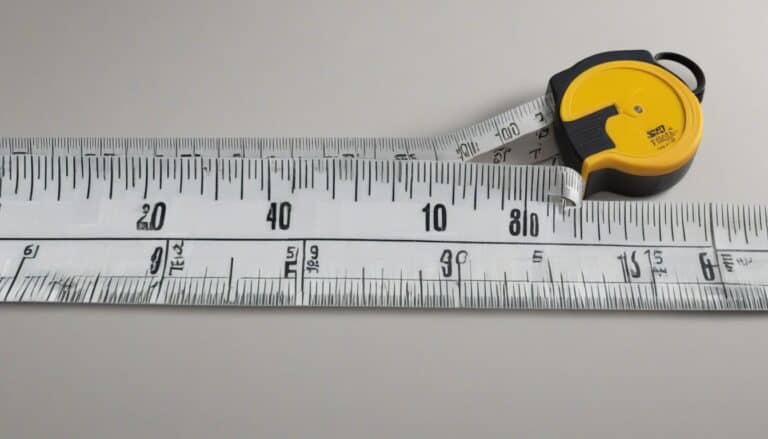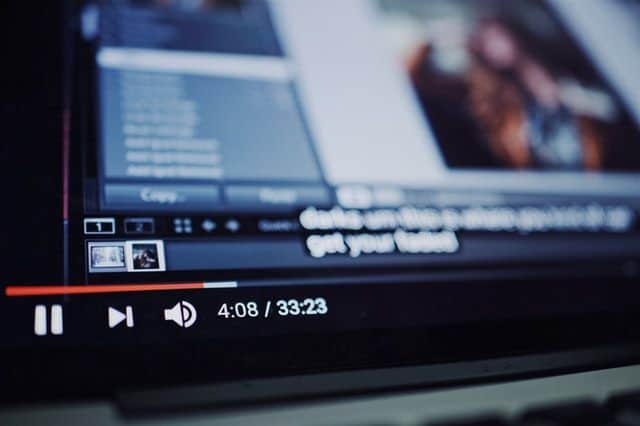What to Do When Your Tech Device Malfunctions or Breaks?

Technology is an integral part of everyday life. This complete reliance on technology has only increased manifold by the COVID-19 pandemic and the adoption of a work/study from home culture.
However, no technology is incapable of malfunctions and might act up or outright stop working at any point in time. Bricked devices can adversely affect your life by getting in the way of your schoolwork or job.
Some common issues affect tech devices that you can fix. You can also learn how to identify more severe problems with devices like laptops and how the best course of action might sometimes be to take it to a laptop repair shop and leave it to professionals.
Laptops
Overheating –
Overheating is one of the most common issues for laptops and is most common in older computers. In most cases, laptops overheat due to dust buildup on their fans and vents (if your laptop gets extremely hot, it is most likely a battery problem and not a dust problem).
Solution:
Regular cleaning of the dust buildup from your laptop’s fans and vents will not only solve this issue but also improve your laptop’s lifespan.
Battery doesn’t last
– All batteries have a certain lifespan and gradually get worse with time. If your laptop’s battery performance begins seriously impeding your work, it might be time to replace it.
Solution:
Replace your laptop’s battery to improve battery performance on your device. It’s a reasonably complicated task, and you should visit a laptop repair shop to have it done for you.
Keyboard doesn’t work –
Easily detected by failed keystrokes, keyboard malfunctions are often the result of dust buildup on its membrane pad.
Solution:
Clean your keyboard and its membrane pad thoroughly. However, if this doesn’t work, it is most likely an indication that your keyboard is dead and needs replacement.
Freezing –
Random laptop freezes are often a direct result of your laptop overheating, with dust being the root cause. An overheating is a fan working much harder than usual.
Solution:
If this is the case, clean out your fan and prevent dust from clogging and blocking up the processor in the future.
Downloading Virus/Malware –
Downloads from unauthorized sources on the internet or plugging in random devices can open the floodgates for computer viruses and malware to enter your laptop. Computer malware’s apparent effects are slow loading times, random OS errors, arbitrary deletion of files, etc.
Solution:
Install anti-virus and perform a full computer scan to detect and clear out any malware. However, you should visit specialists who can perform a hard format and a fresh install of OS on your laptop.
Smartphones
Cracked Screen –
Although screen cracks might sometimes look superficial, they compromise that screen’s integrity, and any other impact might result in severe damage.
Solution:
Screen fixing kits are readily available in the market if you want to take a swing at it yourself. However, unless you have experience fixing devices, it’s always recommended to leave it to professionals.
Wet Device –
Water can severely damage your smartphone’s internals and result in both temporary and permanent damage.
Solution:
The immediate fix is to place it against any hygroscopic substance like rice. Apart from that, you should invest in a quality phone protector to ensure minimal water seepage into your phone in the future.
Slow Response Time –
Apart from inadequate internal specifications, a laggy experience is often the result of installing bloatware on your device.
Solution:
Uninstall unnecessary apps and delete cached data from your phone’s settings.
Poor Battery Life –
Poor battery performance on a new smartphone can be the result of enabling too many “battery eating” features at once.
Solution:
Enable your device’s “battery saving mode,” turn off its GPS, and tone down its brightness.
Phone or App Crashes-
Crashes are often the result of corrupted data, which can differ significantly in their severity.
Solution:
You can fix minor data corruptions by reinstalling the concerned app or deleting its cached data from the settings.
Tablets
Frozen Screen –
Unresponsive screen is often caused by an application launching incorrectly or facing a runtime error.
Solution:
Restart your device to solve this issue.
Cracked Screen –
Just like in smartphones, screen cracks can be range in severity, and so do their solutions.
Solution:
You can fix minor screen cracks yourself, but you should contact a professional repair company like Geeks on Site for anything more severe.
Slow Response Time –
Tablets often behave the same way as computers do. Insufficient memory space can be the cause of slow response times on your device.
Solution:
Uninstall unnecessary programs, and delete large files to solve this issue.
Device Won’t Turn on –
Although there are far more sinister reasons why your tablet might fail to turn on, a low battery is probably the most common cause.
Solution:
Plug in your device and attempt a restart. If it doesn’t work or your device doesn’t even charge, then replacing the battery might be the only other option for you.
Random Crashes –
In tablets and PCs, crashes are often the result of bad code in a program.
Solution:
Try updating your OS and your installed software. Unfortunately, if it doesn’t work for you, you can try a factory reset of your device after backing up all the important data.
Prevention is Better Than Cure
Most of the common issues that people face with their gadgets are often entirely preventable.
For example, don’t download from unauthorized sources and protect your smartphone with a sturdy, external case; these should be some of the first things you do after buying it. Identify the most common issues people face with their daily devices and be mindful to prevent them from happening.






